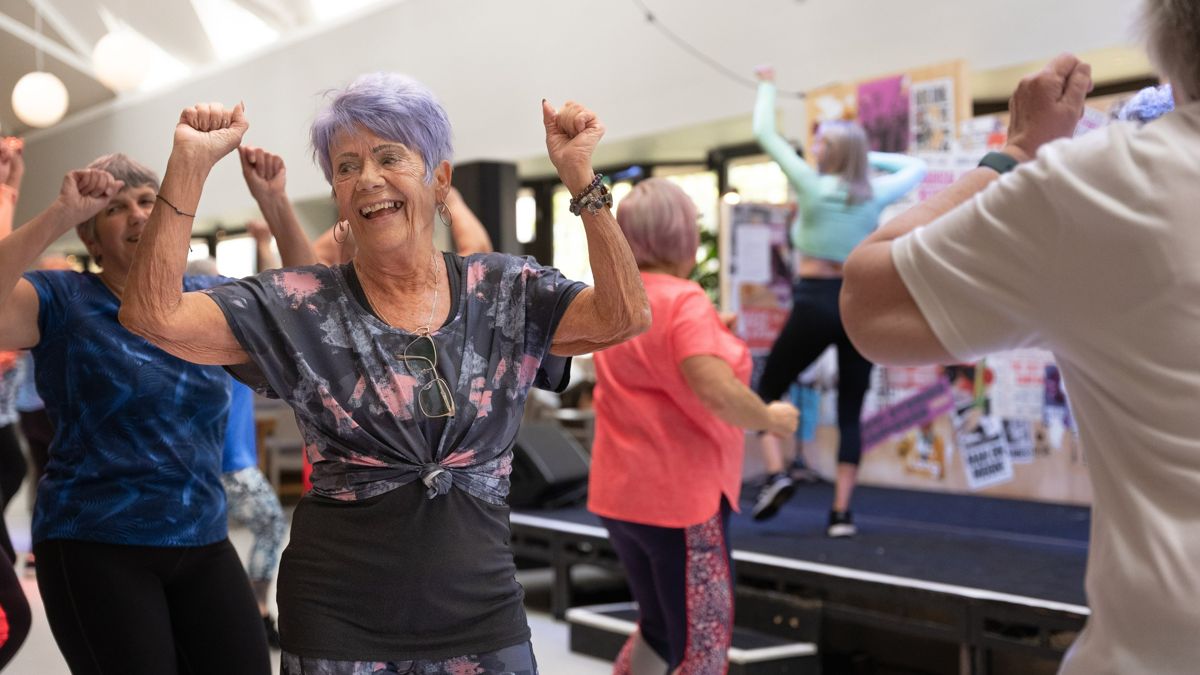Leeds City Council is steadfast in its support for older residents, maintaining funding for neighbourhood networks that serve nearly 27,000 members with vital services like lunch clubs and exercise sessions to combat social isolation. This effort aligns with their vision of ‘Age Friendly Leeds,’ aiming to create a welcoming environment for seniors in the city.
How is Leeds City Council supporting the older population?
Leeds City Council continues to support the older population by maintaining funding for neighbourhood networks, which provide essential services like lunch clubs, exercise sessions, and befriending, to combat social isolation and promote well-being for nearly 27,000 members. This commitment is part of the ‘Age Friendly Leeds’ vision to make the city a favorable place for seniors.
Lifeline for Older Residents
Leeds City Council has demonstrated a steadfast commitment to the welfare of its aging population by ensuring the continued support of the city’s neighbourhood networks. These networks serve as a vital support system for the elderly, playing a crucial role in enabling them to stay in touch with their communities while living independently. Through the budget proposals to be deliberated at the upcoming executive board meeting, the council has decided to maintain the existing funding levels for these networks, acknowledging their significance in the lives of Leeds’ older residents.
The networks have been a staple of community support since their inception in the 1980s. Nearly 27,000 members across 34 distinct networks benefit from a wide variety of approximately 800 activities. These activities are designed to curb social isolation, promote well-being, and encourage healthier living habits. The initiatives range from lunch clubs and exercise sessions to befriending services, all tailored to meet the specific needs and demands of the local population.
Despite facing substantial financial obstacles, the council has chosen to reject a potential 10% budget cut for the year 2025/26, a reduction that was initially considered in December 2024. This move underlines the council’s dedication to its ‘Age Friendly Leeds’ vision, which aspires to make Leeds the most favorable city for senior living.
Council’s Unwavering Support
The Leeds City Council’s executive member for adult social care, active lifestyles, and culture, Councillor Salma Arif, shared her thoughts on the matter:
“Our neighbourhood networks are a real success story for our city and have been recognised nationally and internationally as examples of good practice, so I’m delighted we’ve been able to guarantee sustained funding for this valued lifeline.”
The council acknowledges the mounting pressures on their budget, but it also recognizes the outstanding contributions of these networks in assisting older individuals to maintain autonomous lifestyles and active community engagement. With one in three Leeds residents over the age of 50, and an anticipated increase in the population aged 70-80+, the demand for these essential support services is on the rise.
Councillor Arif further emphasized the importance of the council’s decision:
“This continued investment gives a clear commitment from the council to our neighbourhood networks to ensure they are able to grow and enhance their services, in turn helping to improve the lives of thousands of people across the city.”
The full details of the budget proposals will be discussed at next week’s executive board meeting, where decisions will be made on the allocation of council funding for various initiatives.
Community-driven Initiatives
Neighbourhood networks in Leeds are more than just service providers; they are embedded within the community and reflect the unique characteristics of each locality. They have adapted to changing circumstances and diverse needs, evolving into multifaceted organizations that offer far more than just companionship. The networks encourage active participation in various events and activities that cater to the interests and wellness of the elderly. These include, but are not limited to:
- Lunch clubs
- Exercise sessions
- Befriending services
- Trips and excursions
All these efforts are tailored to foster a sense of belonging and to ensure that older residents do not find themselves isolated from the pulse of city life.
The significance of neighbourhood networks extends beyond individual well-being, as they also contribute to the broader objectives of creating an age-friendly city. The success of these networks has gained national and international recognition, showcasing the potential of community-driven solutions in addressing the challenges of an aging population.
For media inquiries regarding this announcement and the forthcoming executive board meeting, contact the Leeds City Council communications and marketing team via email at communicationsteam@leeds.gov.uk or by phone at 0113 378 6007.
ENDS
- Leeds City Council is maintaining funding for neighbourhood networks that provide essential services to nearly 27,000 older residents to combat social isolation.
- The neighbourhood networks offer approximately 800 activities, including lunch clubs and exercise sessions, aimed at promoting well-being and healthier living habits.
- The council has rejected a proposed 10% budget cut for the 2025/26 fiscal year, emphasizing its commitment to the ‘Age Friendly Leeds’ vision.
- Councillor Salma Arif highlighted the neighbourhood networks as a national success story that significantly contributes to the autonomy and community engagement of older individuals.
- The growing population of residents aged 50 and over in Leeds necessitates continued investment in these networks to enhance their services and meet the increasing demand for support.
